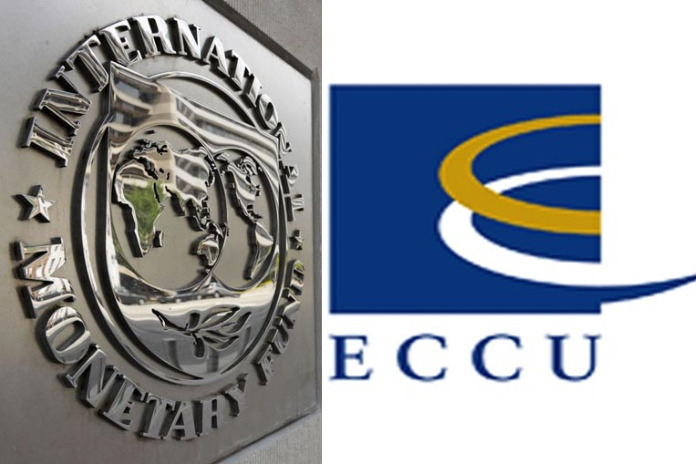WASHINGTON, USA – On April 12, 2024, the executive board of the International Monetary Fund (IMF) concluded the Article IV consultation with member countries on common policies of the Eastern Caribbean Currency Union (ECCU). The board considered and endorsed the staff appraisal without a meeting.
The economies of the ECCU have registered a strong recovery after successive external shocks – first, the pandemic and later higher commodity prices after Russia’s invasion of Ukraine.
Led by a rebound in tourism and investment by public and private sectors, the region’s real GDP is estimated to have grown by 4.8 percent in 2023, and output has surpassed its pre-pandemic levels. Inflation has moderated to around 4 percent in 2023 from its recent commodity price-driven peak. Fiscal and external balances have improved, but public debt and current account deficits remain high. The financial system has been stable and liquid, although continues to be confronted by asset quality weaknesses and rising risks in the non-bank financial sector.
Longstanding structural challenges affecting private investment and employment create a drag on growth going forward as the ECCU economies approach full export and production capacity. Economic growth is projected to moderate to 4.8 percent in 2024 and decelerate further toward pre-pandemic averages over the medium term. Inflation is projected to moderate gradually in line with international trends and stabilize at around 2 percent in 2026. The high current account deficits are similarly projected to gradually narrow to pre-pandemic levels as pressures from import-intensive capital investment abate and countries with slower tourism recovery catch up with their peers.
The region’s outlook is heavily dependent on uncertain Citizenship-by-Investment (CBI) inflows, and susceptible to volatility in commodity prices, a slowdown in major tourism source countries, and the recurrent threat of natural disasters.





